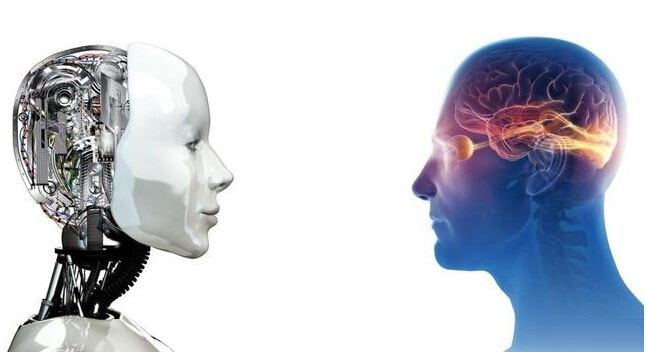China’s Artificial Intelligence surpasses the United States may be a fantasy
by Ready For AI · Published · Updated
Because of factors such as policy and investment, China's Artificial Intelligence has developed rapidly, but it still lags behind the United States.

Underlying computing hardware
If you only count the number of companies related to AI hardware, there are 14 in China and 33 in the US, the number of Chinese companies is not so much different from that in the United States. However, in the international market share of semiconductor production, China only accounts for 4% of the world’s total, while the United States accounts for half of the world’s market.

Let’s take a look at the financing of high-performance, high-efficiency field-programmable gate array (FPGA) chip manufacturers in the chip field, FPGA manufacturers from the United States have received a total investment of 192.5 million US dollars, accounting for 42.4% of the world’s financing, but the China peers only received $34.4 million in investment, just accounting for 7.6% of the world’s financing.
Beginning in the first half of 2018, China and the United States launched a full-scale trade war. Among them, the US sanctions against Chinese companies for stealing intellectual property rights have increased the difficulty for Chinese manufacturers to import chips, which obviously will weaken the hardware production capacity required for China to develop artificial intelligence. So in the long run, this also will further widen the gap between China and the United States in artificial intelligence hardware.
Academic research and algorithms
American researchers pay more attention to basic research, and the training system for artificial intelligence talents is more complete than that of China, so the advantage of research talents in the United States is very obvious. In other words, the United States has the ability to continue to lead the world in key disciplines such as basic discipline construction, patent or paper publication, high-end R&D talent, venture capital, and leading companies.
In addition, the total amount of talent in the US artificial intelligence related industry is about twice that of China. There are about 78,000 employees in 1078 artificial intelligence companies in the United States, and only 39,000 employees in China’s 592 artificial intelligence companies are only half of the US. It is even more exaggerated that the number of basic talents in the United States is 13.8 times that of China.
In the field of research, in recent years, China’s number of papers and patents in the field of artificial intelligence has maintained rapid growth. It can be said that it has entered the first echelon, which is in line with the United States. But in terms of citation effect, the research results from China are less influential than the United States and the third-ranked UK.

As we all know, China is an authoritarian state, and the non-independence of education will determine the limitations of academic research. The most important thing that the “experts” in this closed education do on the algorithm is to carry out crazy scales, which makes the results of many algorithms worthless. Similarly, data fraud in their academic reports is a routine operation.
Commercial application
The top three areas in the US AI startup are:
- Natural language processing
- Machine learning application
- Computer vision and images
The top three areas in China’s AI startups are:
- Computer vision and images
- Smart robot
- Natural language processing

It is undeniable that for natural language processing, local companies will have unique native language advantages, such as Baidu and iFlytek in China. In addition, Chinese companies have a huge advantage in obtaining large amounts of user data (including private data), thanks to the government’s ubiquitous monitoring behavior and the lack of privacy.
Conclusion
From a technical and academic perspective, the United States has enormous advantages over China in terms of artificial intelligence, and it is almost impossible to be surpassed. However, from the perspective of the application, the closed Internet environment created by China, and the low cost and convenience of data acquisition, it will make artificial intelligence have great development space and high development speed in China. Because of the low illegal cost and human rights protection, Chinese artificial intelligence may create relevant applications in some areas of moral disputes earlier than other countries. I don’t know if this is a good thing or a bad thing.

















